To celebrate World Environmental Day, Dawn Park Primary School in the East of Johannesburg, South Africa started a biodiversity garden project on 5 June 2019, by planting over 10 trees including succulents and shrubs. The project involved 20 students (aged from 9 to 11), 15 volunteers, and 10 teachers at the school.
The garden project is being used as a climate change mitigation and adaptation strategy by the school. Through research, students know the names and importance of the plants in their garden. The school has a Biodiversity garden that is being used as an outdoor classroom to do practical activities with students, directly linked to the curriculum.
Boksburg in the East of Johannesburg, the school community is large, with 1,737 students and 45 teachers, and is situated in the grassland’s biome. The school had previously worked on other environmentally related activities in their efforts to start an environmental club. It is an opportunity to introduce the LEAF programme to give structure and support to their projects.
The school was joined by the South African National Biodiversity Institute and volunteers from Italtile and the Department of Education officials and the activity was planned by WESSA together with the teachers and groundsman at the school.
A group of volunteers worked with grade 6 students to plant a biodiversity garden at the school. There was a lesson on food chains and how everything is connected in the garden, the relationship between trees and water, and how people benefit from the ecosystem done by WESSA.
Another group of grades 6 students was responsible for naming and making tags for the trees that were planted on the day. Students were also asked to prepare tree characteristics and share Indigenous knowledge and stories of the shrubs/trees that we planted.
Challenges: Johannesburg was experiencing a drought.
“We worried about the school being able to maintain their garden beyond the day of the event. If we could change anything about this project, we would prefer to work on the initiative during high rainfall season September- March.”
Fulfilling the LEAF objectives through impact!
Students enjoyed being outdoors and learned better by doing, they also related the lessons on the day to what was already covered in class.
Teachers gained skills development. They were guided by our team on how to use alternative teaching methods in the garden to ensure maximum understanding of subjects such as Natural Science, literature and Mathematics.
Increased knowledge amongst teachers and students on indigenous plants and succulents.

